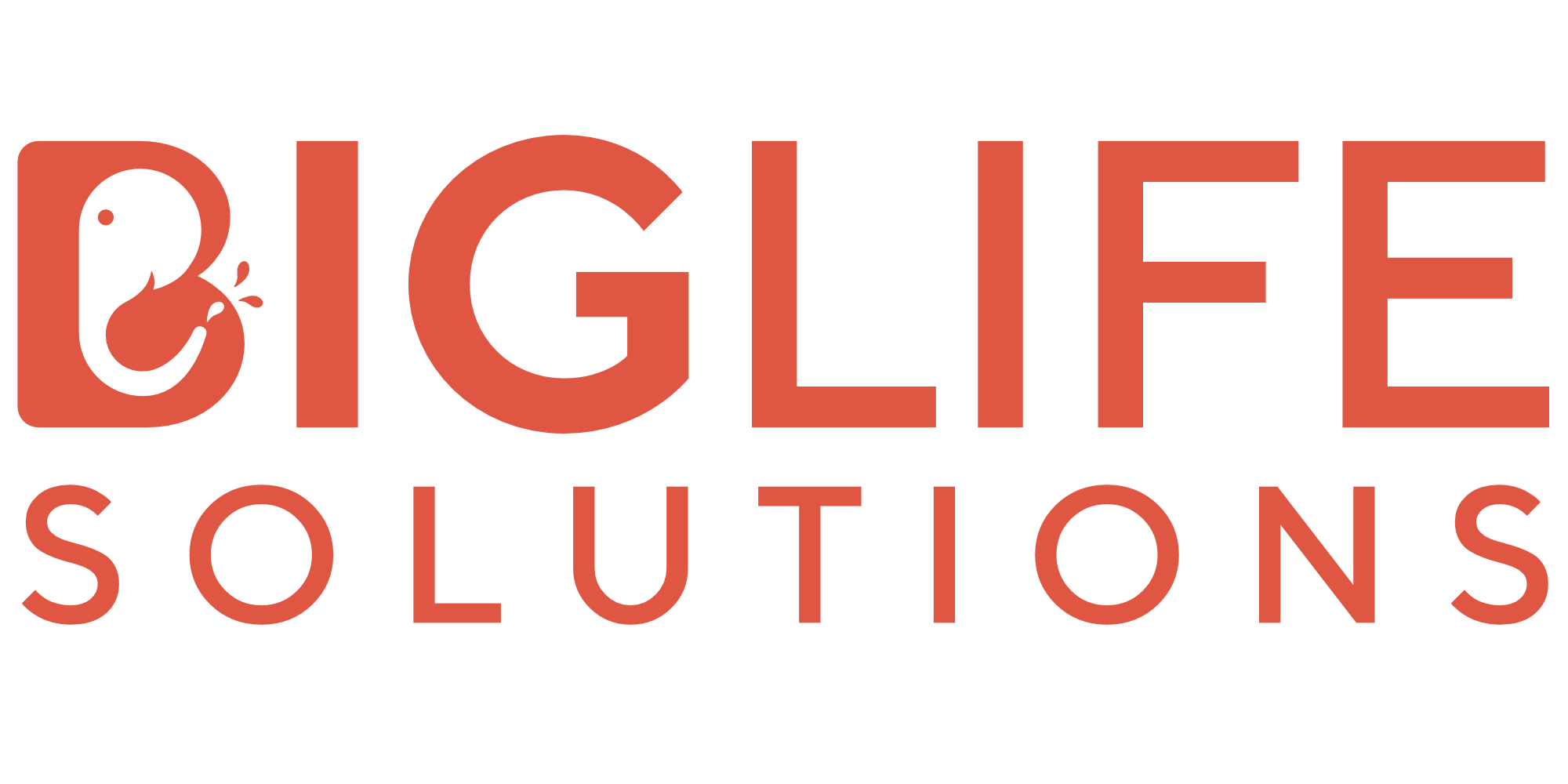Hope elicits a wide spectrum of reactions. Some see it as almost delusional—detached from reality—while others see it as the foundation of life. As for me, I see hope as integral to life’s adventure: without the belief that the best is yet to come, there is no point to the adventure at all.
That’s why I love this quote from Lewis B Smedes:
“Hope is to our spirits what oxygen is to our lungs. Lose hope and you die. They may not bury you for a while, but without hope you are dead inside. The only way to face the future is to fly straight into it on the wings of hope.”
I also appreciate what Hope Researcher Charles Snyder says:
“A rainbow is a prism that sends shards of multicoloured light in various directions. It lifts our spirits and makes us think of what is possible. Hope is the same: a personal rainbow of the mind.”
This implies that hope is essential for unleashing not just your potential, but your true self.
But how does hope work?
Snyder suggested that hope was a positive way of processing information focused on pursuing goals and believing those goals would be achieved. Their model focuses on doing rather than being.
He developed ‘Hope Theory’, which suggests three parts to hope:
- Goals thinking (a clear idea of what you want to achieve)
- Pathways thinking (coming up with ways to achieve those goals)
- Agency thinking (using your pathways to actually pursue those goals)
If Snyder is right, hope flows from having something to aim for, a strategy to achieve it, and the capacity to put that strategy into practice.
I quite like that idea. For nearly twenty years, I’ve focused on defining who I really am, figuring out what it takes to become that person, and pursuing the adventure into my best self.
By having a clear picture of who I truly am and believing I can get closer to that person, I have an unquenchable hope. No matter what challenges I face, the certainty that the best is yet to come sustains me.
But does hope really matter? Can’t we just settle for the way things are?
You could settle, but evidence suggests that would be unwise.
Studies have highlighted the benefits of a hopeful outlook. One found that academic and athletic performance, well-being, self-esteem and relationship quality were all improved in people with hope. Another suggested that expecting to achieve your goals leads to greater well-being.
Research also found that hope helps people reframe situations, so that stress becomes a challenge rather than a threat, helping you to reduce anxiety and manage stress effectively.
The bottom line: hope facilitates human flourishing. You need to build and protect a hope-filled outlook.
So, start by giving yourself something to aim for.
This week, set aside ten minutes daily to define your ‘perfect day’—the 24-hour period which, if you could live it, would be exactly as you wish. Each day, address a different aspect:
- Where are you? Describe your surroundings.
- Who are you with? What relationships matter most?
- What work are you doing? How are you applying your skills?
- What leisure activities are you engaged in?
- What are you thinking about in quiet moments?
- How do you feel as you savour this dream day?
On day seven, bring it all together and tell the story of your perfect day. Then identify elements you can set goals toward—steps that will bring you closer to enjoying at least parts of that day for real.
Because hope isn’t just wishful thinking; it’s the oxygen of your spirit, and the fuel for your journey to your best self.


